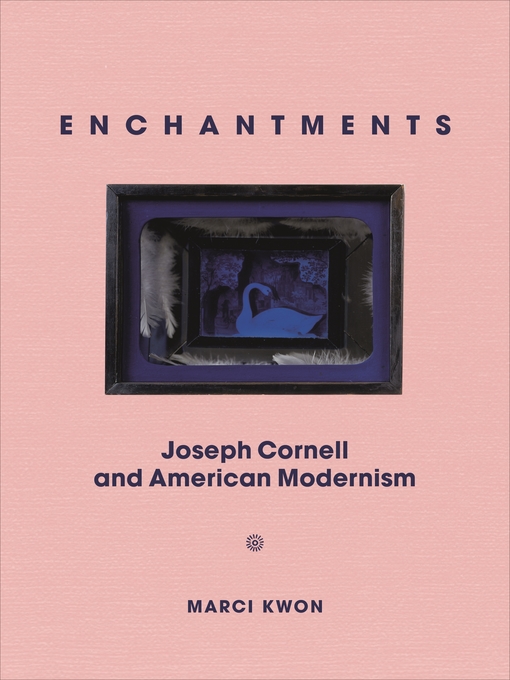The first major work to examine Joseph Cornell's relationship to American modernism
Joseph Cornell (1903–1972) is best known for his exquisite and alluring box constructions, in which he transformed found objects—such as celestial charts, glass ice cubes, and feathers—into enchanted worlds that blur the boundaries between fantasy and the commonplace. Situating Cornell within the broader artistic, cultural, and political debates of midcentury America, this innovative and interdisciplinary account reveals enchantment's relevance to the history of American modernism.
In this beautifully illustrated book, Marci Kwon explores Cornell's attempts to convey enchantment—an ephemeral experience that exceeds rational explanation—in material form. Examining his box constructions, graphic design projects, and cinematic experiments, she shows how he turned to formal strategies drawn from movements like Transcendentalism and Romanticism to figure the immaterial. Kwon provides new perspectives on Cornell's artistic and graphic design career, bringing vividly to life a wide circle of acquaintances that included artists, poets, writers, and filmmakers such as Mina Loy, Lincoln Kirstein, Frank O'Hara, and Stan Brakhage. Cornell's participation in these varied milieus elucidates enchantment's centrality to midcentury conversations about art's potential for power and moral authority, and reveals how enchantment and modernity came to be understood as opposing forces. Leading contemporary artists such as Betye Saar and Carolee Schneemann turned to Cornell's enchantment as a resource for their own anti-racist, feminist projects.
Spanning four decades of the artist's career, Enchantments sheds critical light on Cornell's engagement with many key episodes in American modernism, from Abstract Expressionism, 1930s "folk art," and the emergence of New York School poetry and experimental cinema to the transatlantic migration of Symbolism, Surrealism, and ballet.
- Available now
- New eBook additions
- New kids additions
- New teen additions
- Most popular
- Try something different
- NYPL WNYC Get Lit Book Club
- Spotlight: Toni Morrison
- See all ebooks collections
- Available now
- New audiobook additions
- New kids additions
- New teen additions
- Most popular
- Try something different
- NYPL WNYC Get Lit Book Club
- Spotlight: Toni Morrison
- See all audiobooks collections

